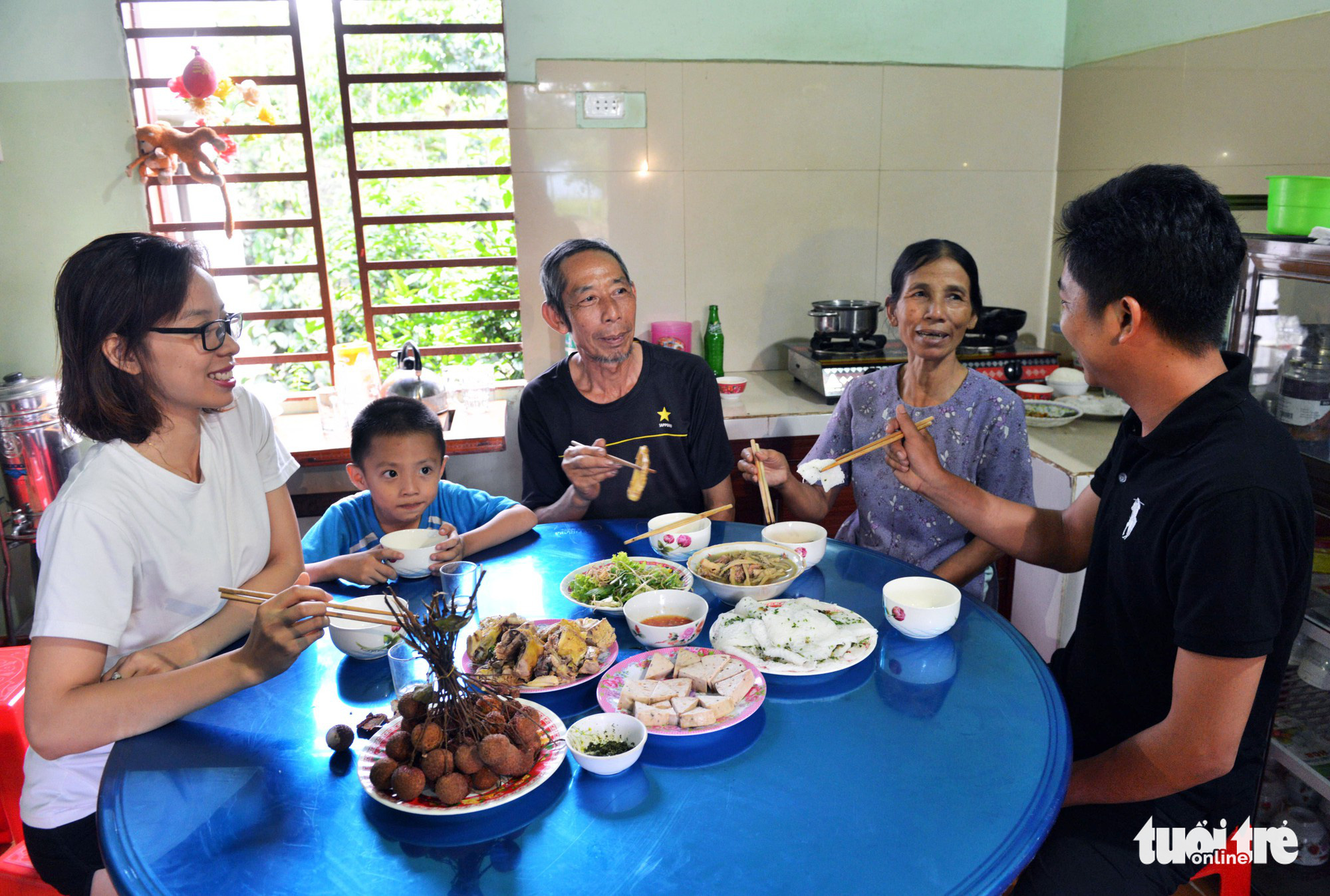‘Van hoa’ basically means ‘culture’ in tieng Viet (Vietnamese) as we knowledgeable jaded expats like to say.
It’s complicated here by social traditions, habits, changing workplace culture and the increasing wealth of Vietnam’s middle class as well as overseas influences affecting the next generation. Unsurprisingly, it’s an issue worldwide as the younger generation struggle to establish their place and identity in an increasingly unstable world.
Residing inside the heart of all Vietnamese is the need to connect. Whether that means the traditional visits to your hometown over the Tet holiday or the daily dozen phone calls to your friends to find out what they are doing – Vietnamese are rarely ever alone.
Community and society here are two sides of the same coin and it shows up everywhere in almost every activity the locals do. You can see it in the early morning senior exercise groups doing some Tai Chi stuff in a local park or the many men in a chess/coffee shop all huddling around the players. It’s all about the group – at work, at home, during leisure time and personal relationships.
Obviously there’s the clash between traditional and Western cultural influences, how wealth is changing Vietnamese attitudes and the interplay between the role of family and society in local lifestyles. So how is that playing out in modern Vietnam?
It’s nice to see how the interest in local and international culture has grown in this country. I’ve always thought that artistic expression can be a very informative measure of how people of all backgrounds see and comment on their world.
Social issues such as poverty, crime, frustration and joy get discussed constantly on Vietnamese social media, which boosts awareness and more importantly, encourages the discussions on what to do next or what the people of Vietnam would like to happen in their future.
For example, there are a surprising number of local artists, musicians and writers in Da Nang and Hoi An, and a few foreign-owned and excellent art galleries and event venues scattered amongst the local cultural scene.
So the culture of Vietnam is slowly changing even when it meets resistance from segments of the society. In just 2019 alone, local scholars bemoaned the apparent damage to the Vietnamese language from the influence and influx of foreign words and media content. Yet it was curious that a local society dedicated to promoting and preserving the language was abandoned – too hard to push back progress?
Honoring family and social norms such as respectful manners to older people or those of a higher social or work-related status are common yet this gets less important in the main urban areas – the major instigators of change – where young people mix together from many different backgrounds and regions.
Western-style relationships among young adults are more prevalent, divorce is rising and a small but growing number of people choose to live alone or in a highly individualistic manner. This applies not only to gay and lesbian communities in Vietnam who now enjoy more tolerance of their lifestyles than ever before but increasingly to those who wish to ‘get out of the rat race’ – living on farms or artistic communities.
The desire for more personalized expression is being reflected in people’s choices of entertainment and working from home or working alone arrangements. I know more than a few women who deliberately chose not to have a love partner and also want to make money free of the constraints of a socially conservative job. Although the Western feminist movement of ‘MeToo’ hasn’t made as much of an impact in Vietnam as in South Korea or Japan, the trend is here to stay and will grow.
Originally I had intended this story to be about cultural ‘dos and don’ts’ in Vietnam but I thought that has been covered a lot by others so I wanted to write a bit about these other considerations – being artistic, individualistic, and seeking that independence and desire for themselves.
I often see the foreigner comment that ‘they do that and we do this’ as if that really explains culture; culture evolves – it’s a force of its own, decided not only by the majority but just as powerfully from the actions of the minority who contribute different ideas.
The pursuit of equality through legal protection in Vietnam, for example, is not just about the gay community but women throughout the country.
You’ll often find resistance to even the simplest of ideas here, a cultural dead-end. Innovations that involve making money are taken up pretty quickly here; still, social advancements require a lot of persuasion before they are adopted. Yet it is happening.
So when you look at the local traditional lifestyles, clothes and food and so on – that’s only the beginning of what culture is being created here and what is yet to come in the future.
And it’s going to be an extraordinary and surprising future!

















































